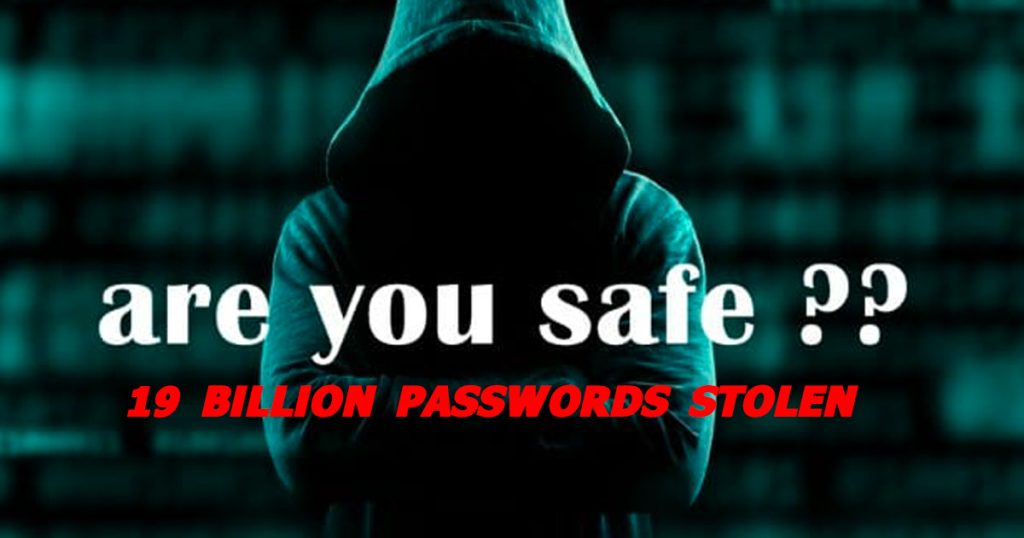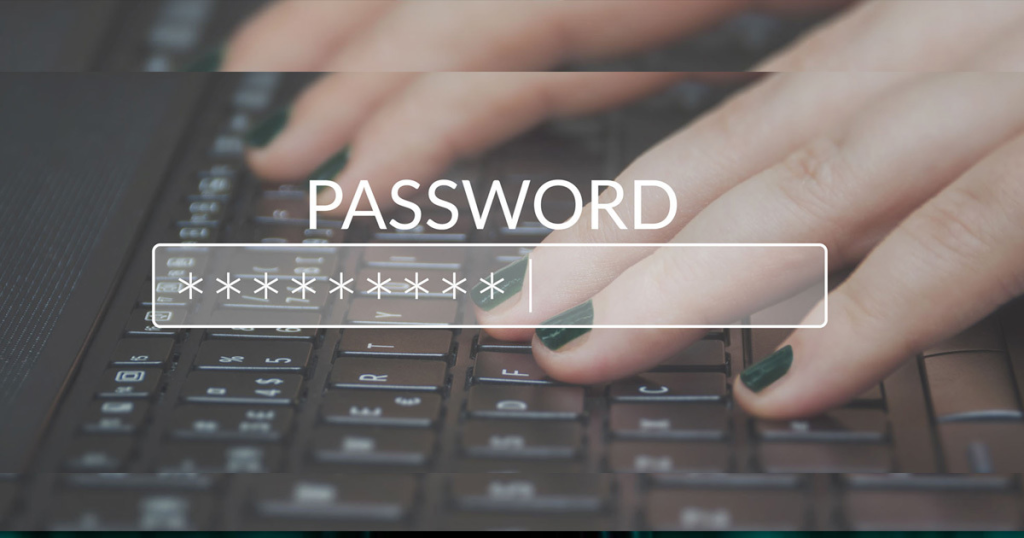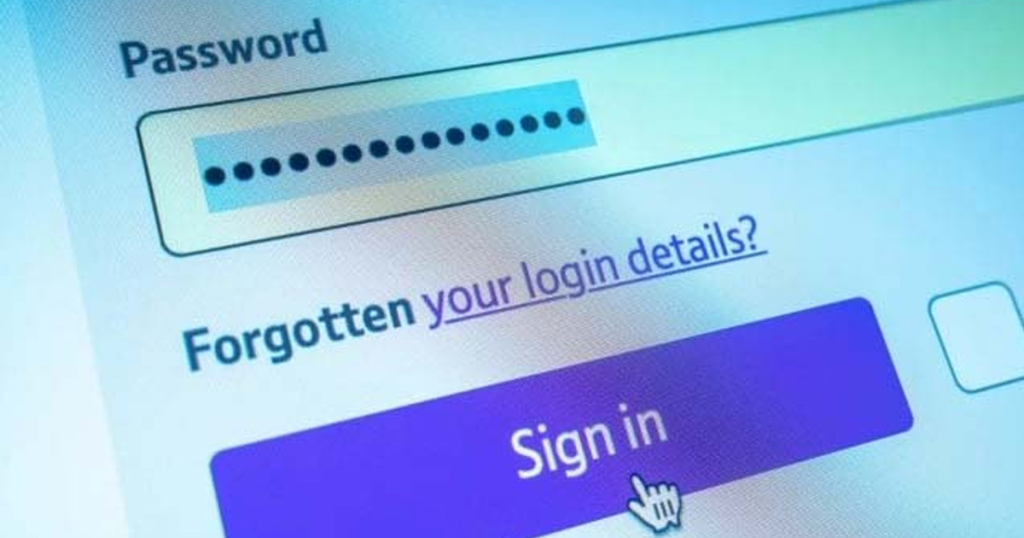
In This Article
- 19 Billion Passwords Leaked: History Repeating Itself?
- Expert’s Views on 19 Billion Password
- Solution to Avoid the Attacks like 19 Billion Password Leak
- Which Password is at Risk in 19 Billion Passwords?
With the advancement in the latest technologies, where everything is digital, passwords are one of the primary ways to protect your accounts. Yet, the hackers, bots, and data breach points are making the problems for those who are using the general, easy, predictable, or casual passwords.
At the start of this month, a new study was shown on CyberNews where the experts have confirmed that more than 19 billion passwords have been leaked or compromised in the distributed trends, and the report reveals that out of all the passwords, only 6% are the unique ones difficult to break.
19 Billion Passwords Leaked: History Repeating Itself?

This week, a newly discovered megadatabase has been posted on the internet containing almost 19 billion compromised passwords, sparking serious concerns about cybersecurity attacks and information leakage online.
The attack is considered the biggest password leak in history, threatening personal privacy, national cybersecurity, and the enterprise system. The enormous use of reused passwords has raised strong concerns about cybersecurity attacks where hackers utilize the leaked password and other data to access several concern services.
The shared passwords were along with the user’s name and the platform where the users created the accounts with weak or reused passwords.
A report from Tom’s Guide revealed that the whole collection is a mix of passwords that contain plain text or those with minimal encryption. According to the common analysis, millions of these passwords are still in use, and many of them repeat on other platforms.
Expert’s Views on 19 Billion Password

The effects of this huge password sharing online are a big thing, indicating how passwords and other data are leaked, and we are never sure if our digital information is safe. The analysts warn that these kinds of attacks are challenging cybersecurity, and if this happens frequently, then the people with low cyberattack skills will also get to know about the sensitive information.
The sensitive information can lead the attackers to sensitive areas, like bank account data and workplace tools, such as cloud data and others.
Solution to Avoid the Attacks like 19 Billion Password Leak
The latest problems require the latest solutions, like strong backend programming and other ways, but in the current era, attackers are using technologies to access our information. One of the most promising ways to make the platform secure is artificial intelligence.

Weborik Hub represents the expert service for the AI feature integration in web solutions to make them more efficient and powerful. Moreover, these features also add to the security of the platform, making it stable, and the powerful algorithm makes sure every user has a secure experience.
Not during the attack, but the algorithms predict any risk of the attack before it happens, so the users and owners are aware before something happens. This is one of the safest and most powerful ways to deal with such attacks.
Which Password is at Risk in 19 Billion Passwords?
Not all passwords are at risk of being stolen or leaked, but those set by the lazy people who don’t pay attention to strong password formation are most likely to be compromised. In the current report, multiple analysts worked to research the core reason, and they came to know some facts.
According to the research, out of all leaked passwords, 94% are reused or are duplicates from other platforms. Moreover, 42% of the passwords were of the length between eight and tens, eight being the most common one.
The lazy passwords like the following were the main reason behind this leak:
- 1234
- Admin
- password
- 123456
Out of these, the first one is the most common in all the passwords and was present in 4% of all the passwords; that is, 727 million passwords contain this number.
Hence, always use a mixed and strong password and use the latest technologies to deal with the current cyberattacks.



